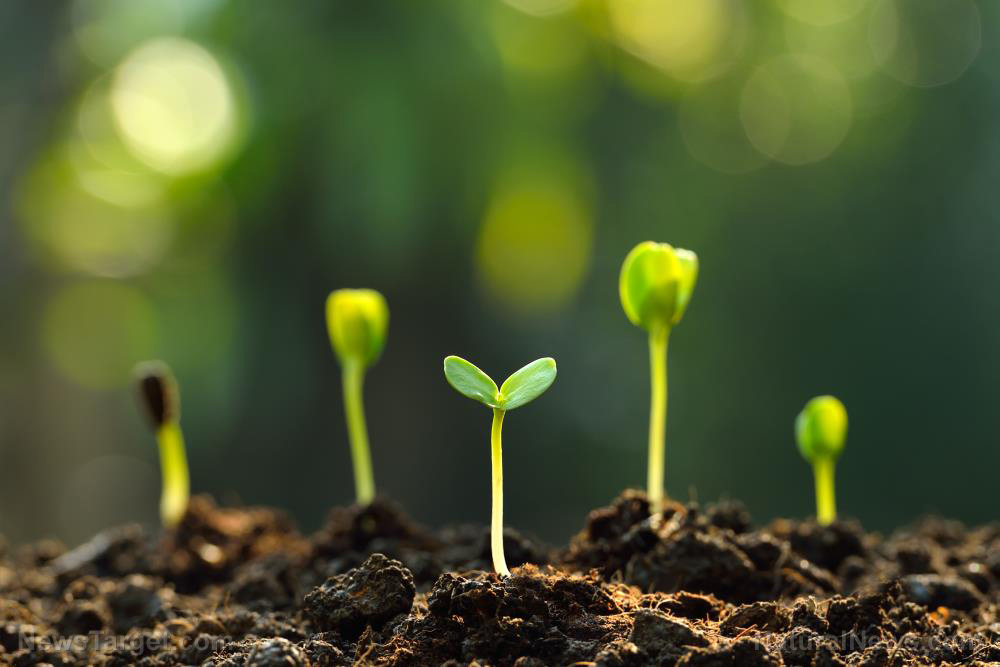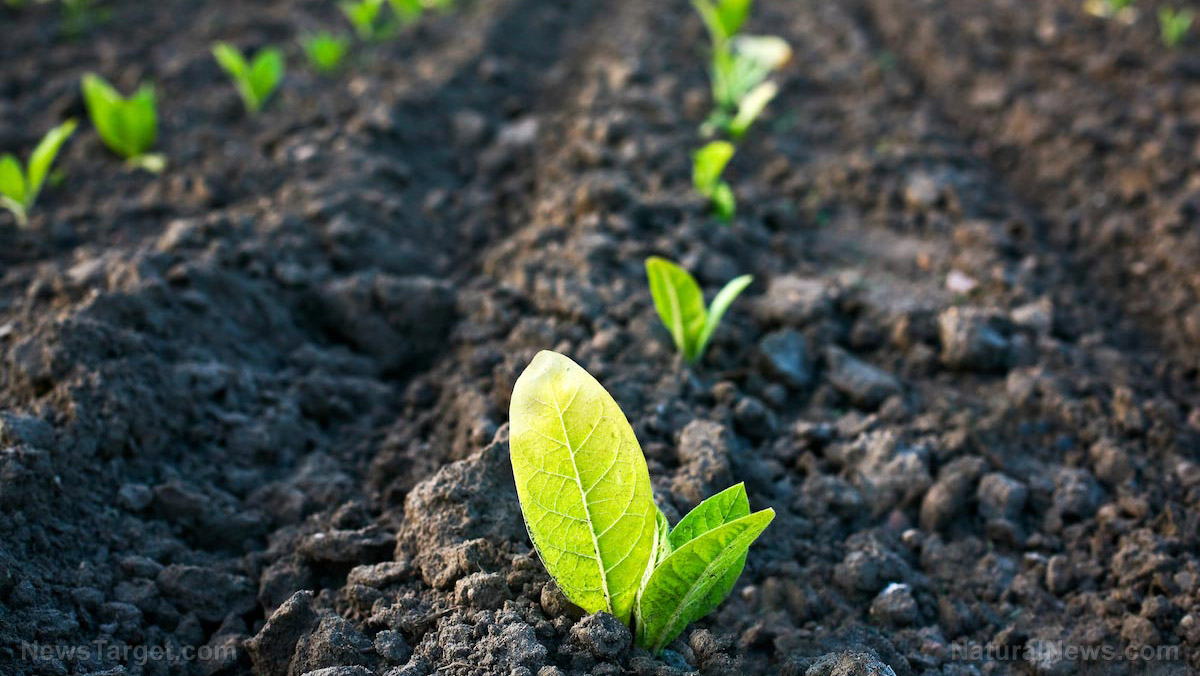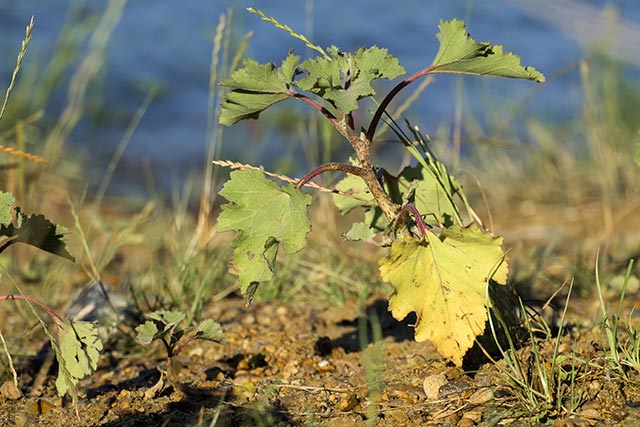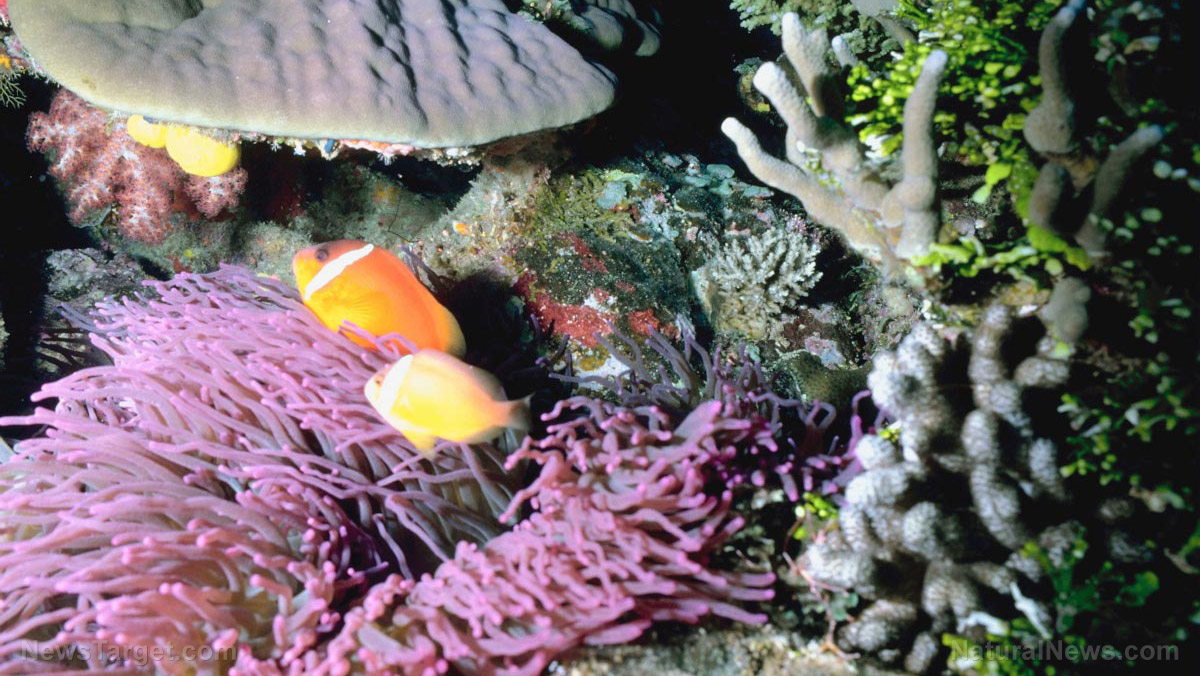Bioethanol waste shows potential as natural alternative for conventional fertilizer
09/13/2018 / By Ralph Flores

A study led by researchers from the University of Florida has given new life to waste products from biorefineries by treating them with phosphoric acids during the production process. Their findings, published in the American Journal of Environmental Sciences, followed a thorough investigation of the potential of fermented waste products to be used as a phosphorus fertilizer.
Bioethanol, of course, is the next big thing in renewable energy sources. The fuel source, which is made from biodegradable fractions such as agricultural fractions and municipal wastes, is currently used as an additive for petrol, replacing lead as an octane enhancer. This has led to cleaner emissions, as the mixture of ethanol and petrol is fully oxygenated and burns completely. Carbon dioxide – one of the gases that make up these emissions – is absorbed by plants and used in photosynthesis.
However, a major issue with bioethanol production is its generation of waste products: Large-scale production of bioethanol can produce huge quantities of waste products in a short amount of time, especially during the fermentation-distillation process. Some studies have already explored the environmental risk of biofuel waste, tagging it as a “considerable pollution potential.”
Studies have already looked at using these waste products in various industrial processes, including sewage treatment, fertilizer use, and even animal or aquaculture feed. Its use in agriculture, in particular, holds promise: Studies have shown that biofuel waste products are rich in nutrients that are essential for plant growth and development. In their study, the team looked at using it as an alternative to phosphorus fertilizer – a supply expected to hit critical in a few years, given the steady depletion of natural sources of phosphorus rock.
“Handling the waste correctly is important not only for a scale-up process but also for [a] sustainable environment,” the researchers wrote in their report. “The use of the waste may also add value to current bioethanol processes.”
For the study, the team looked at two plants: snap bean and radish. The plants were treated with either the phosphorus-fermented bioethanol waste or a commercial phosphate fertilizer. To determine the efficacy of the treatments, the researchers evaluated the crops based on three factors – leaf greenness, crop yield, and biomass.
For leaf greenness, which measured chlorophyll concentrations in the leaf, the team found that the leaves from both crops in the experimental group were significantly greener than those that were treated with commercial fertilizers and those in the control group. Researchers also found a positive correlation between the greenness of the leaves and their nitrogen content, another essential ingredient in plant growth.
The crop yield and biomass for snap beans was also higher after being treated with fermented waste over those in the control and commercial fertilizer groups. Radish that was treated with fermented waste also posted similar results, with both crop yield and biomass being significantly higher than those in other groups. Improvements in soil quality were also observed: Adding fermented waste into the soil can help with a plant’s water retention and reduce excess nitrogen and phosphorus levels in the soil. According to the researchers, this could significantly increase crop yields; however, the exact process merits further examination.
“The data of this study show that the biofuel waste can be a valuable and alternative resource used as a [phosphorus] fertilizer and soil amendment,” the team concluded. “It will not only be a solution for environmental sustainability but also will gain economic benefits by converting the wastes to valuable fertilizers or soil amendments.” (Related: Cover crops help farmers maintain soil health and biodiversity by protecting carbon content.)
Learn even more natural ways to grow your crops at Harvest.news.
Sources include:
Tagged Under: agriculture, alternate sources, bio-waste, bioethanol, biorefinery waste, crop greenness, crop yield, fermentation waste, fertilizer, natural alternative, P fertilizer, phophorus, Radish, snap bean
RECENT NEWS & ARTICLES
COPYRIGHT © 2017 ENVIRON NEWS




















